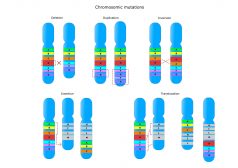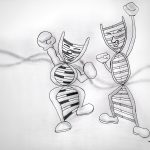toxin
(Science: pharmacology) A poison frequently used to refer specifically to a protein produced by some higher plants, certain animals, and pathogenic bacteria. These proteins can be highly toxic to other living organisms. These substances are differentiated from the simple chemical poisons and the vegetable alkaloids by their high molecular weight and antigenicity.
A poisonous substance produced during the metabolism and growth of certain microorganisms and some higher plant and animal species. It is created by organisms in their metabolic processes and proves injurious to other organisms.
Origin: Gr toxikon = arrow poison, from Gr. Toxikos = of or for a bow
Recommended reading: Poisonous animals in New Zealand – Science Learning Hub. (An interesting list of animals in New Zealand that produces toxin)







